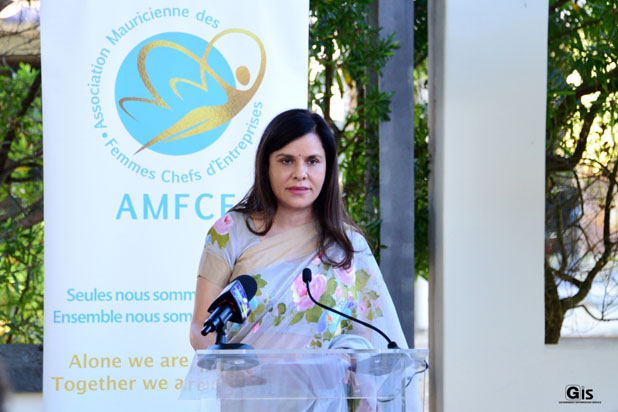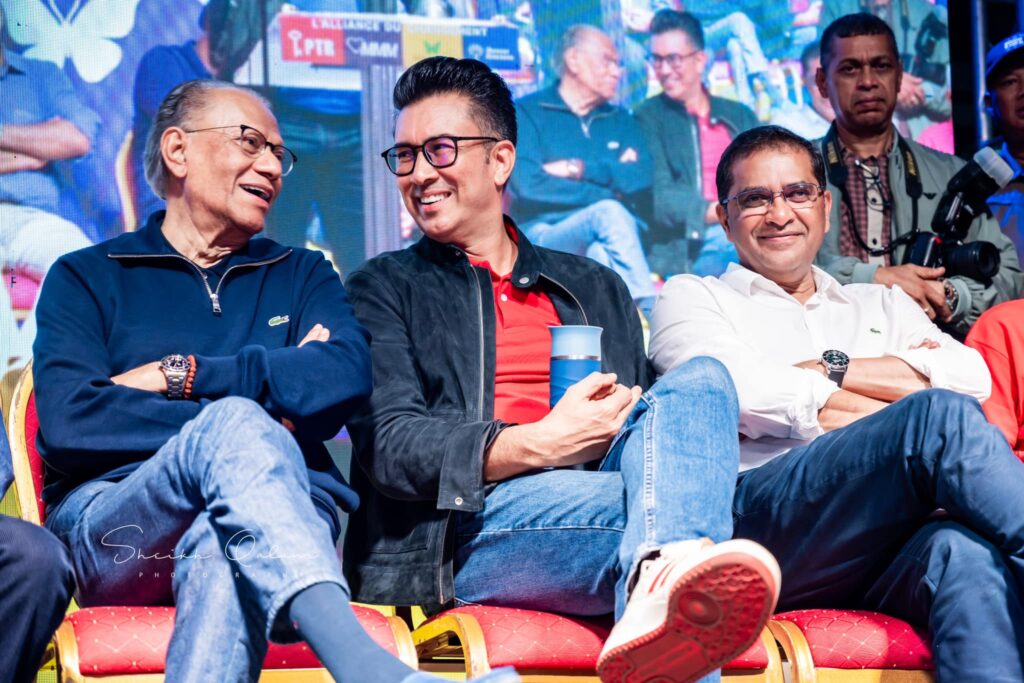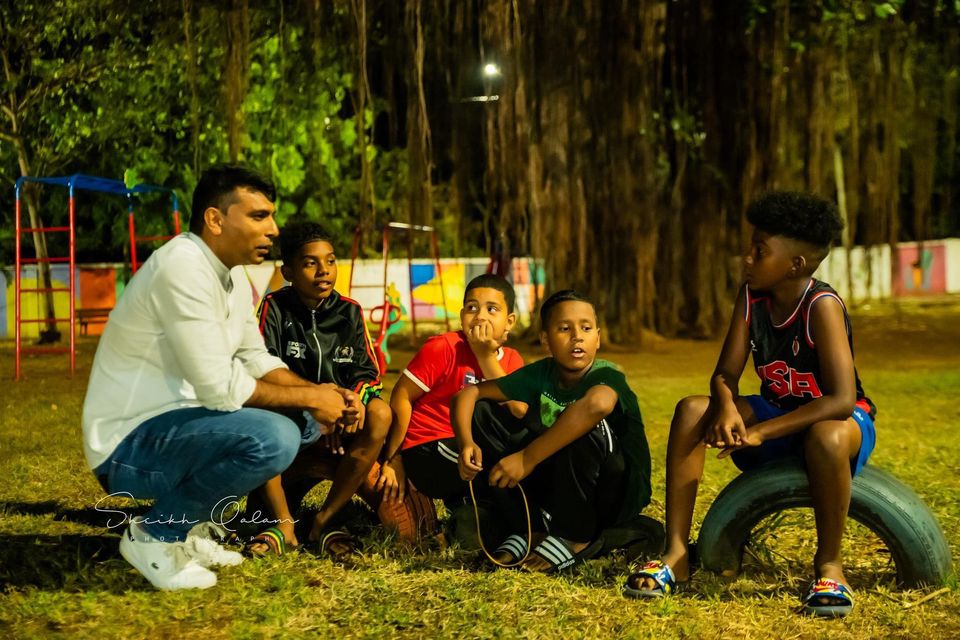![]()

In Mauritius, the democratic process is increasingly under threat as evidence mounts that Prime Minister Pravind Jugnauth and his ruling Mouvement Socialiste Militant (MSM) party are allegedly manipulating both social media and traditional media to suppress opposition voices. Central to these concerns is the alleged use of coordinated mass reports on Facebook ads supporting opposition parties like the Alliance of Change, effectively silencing their digital marketing campaigns.
Combined with a mainstream media that has become little more than an MSM mouthpiece, these tactics have created a powerful, one-sided narrative designed to maintain the ruling party’s grip on power.
Facebook’s Mass Reporting: A Tool for Silencing Opposition

Facebook, which should serve as a platform for free expression and democratic engagement, is allegedly being weaponized to silence opposition voices. The tactic is simple yet devastating: pro-MSM agents, likely using bots or coordinated groups, mass-report Facebook ads run by opposition parties, flagging them as inappropriate or irrelevant.
Facebook’s content moderation system, which relies heavily on algorithms and automated tools, often reacts by flagging or freezing the ads after receiving multiple reports, regardless of their authenticity. For the Alliance of Change and other opposition groups, this means their ads—designed to raise awareness about political reform and corruption within the current regime—are removed or paused, cutting off their ability to communicate directly with voters.
This mass-reporting strategy allows the MSM to dominate Facebook, ensuring their narratives are front and center while effectively silencing any dissenting opinions or alternative political platforms.
Big Media: In the Pocket of MSM

Simultaneously, the role of mainstream media in Mauritius has come under scrutiny. Major news outlets, which are expected to report objectively, have been accused of overtly favoring the MSM. Rather than providing balanced coverage, these outlets often portray the ruling party in a positive light while ignoring or misrepresenting opposition movements.
News organizations which hold significant influence over public opinion, are widely seen as biased in favor of Jugnauth’s administration. This creates a media environment where critical stories about government corruption or mismanagement rarely surface, while the opposition’s efforts are consistently downplayed or ignored.
The result is a one-sided media landscape that works hand-in-hand with Facebook’s suppression of opposition voices to skew public perception. The Alliance of Change and other opposition parties are left fighting an uphill battle against both digital censorship and traditional media bias.
The Alliance Between Facebook Manipulation and Big Media

The convergence of these two forces—Facebook’s mass-reporting system and the pro-MSM bias of major media outlets—has created an overwhelming advantage for Jugnauth and his party. Opposition parties, who rely on social media to bypass the traditional gatekeepers of information, find themselves unable to effectively reach voters online due to coordinated mass-reporting campaigns.
At the same time, big media outlets, which dominate TV and print, continue to push a narrative that keeps the public aligned with MSM interests. The few remaining independent media outlets and journalists who dare to criticize the regime face their own challenges, often subject to online harassment and censorship as well.
The Impact on Mauritius’ Democracy

The consequences of this coordinated effort to manipulate public opinion are far-reaching. In a country that has long prided itself on democratic values and political pluralism, the systematic silencing of opposition voices threatens to undermine the very fabric of free and fair elections.
By controlling both digital platforms like Facebook and traditional media channels, the MSM is limiting voters’ access to diverse political viewpoints, making it difficult for them to make informed decisions. Instead, voters are presented with a curated narrative that glorifies Jugnauth’s administration while portraying opposition movements as irrelevant or even dangerous.
Conclusion: The Urgency of Protecting Free Speech
As Mauritius approaches its next election, the manipulation of both social media and traditional media by the ruling party raises serious questions about the future of the country’s democracy. To safeguard the political process, it is imperative that Facebook takes steps to prevent its platform from being exploited through mass-reporting tactics aimed at silencing opposition voices.
Likewise, mainstream media must be held to higher standards of journalistic integrity, providing balanced and fair coverage of all political parties, not just those in power. Without these safeguards, Mauritius risks descending into a digital and media-driven autocracy, where free speech and political plurality are sacrificed for the convenience of those in power.
The fate of Mauritius’ democracy depends on its ability to protect these fundamental freedoms, ensuring that all voices, especially those of opposition movements, are heard fairly in both the digital and traditional media spheres.



